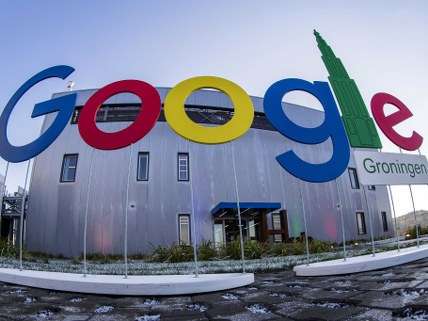Google Releases Very Small Batch of National Security Letters to the Public
Secret snooping gets slightly less so.


For the first time in 2015, Americans were able to see the contents of one of the extremely secretive federal National Security Letters (NSLs). These letters from the Department of Justice have been used to obligate tech and telecom companies to provide some metadata (name, address and other info) about specific users or customers to the government.
The NSLs became a point of contention during the surveillance debate during the war on terror because of how secretive they were. Companies like Google or email providers could not reveal the existence of the letters at all. The secrecy was much broader than just concealing the information from the targets. Companies weren't even able to adequately disclose how many NSLs they'd receive. And there wasn't any timeline to indicate how long they'd have to keep the letters a secret.
Some tech companies have challenged the secrecy of the system in courts, and with the passage of the USA Freedom Act, the Department of Justice is now obligated to review the gag orders periodically and lift gags that are no longer necessary.
Today Google released the content of eight NSLs the DOJ had sent them demanding info about Gmail users. The dates of the NSLs range from 2010 to just last year. Google has redacted the actual email addresses and any information identifying specific people, but has served up the letters mostly intact. Google notes:
Our goal in doing so is to shed more light on the nature and scope of NSLs. We minimized redactions to protect privacy interests, but the content of the NSLs remain as they were when served. We are also publishing the correspondence reflecting the lifting of the nondisclosure restrictions. … In the near future, we will establish a more permanent home for these and additional materials from our Transparency Report.
Of potential interest, a single NSL may contain several user accounts the government is investigating, so even if we knew how many NSLs the government sent out, that's not the same as knowing how many different people's data they asked for.
Google's report and the letters may be viewed here. It's a small but important win for government transparency and evidence that at least some good came out of the USA Freedom Act, even if it didn't really rein in mass surveillance the many wanted it to.
